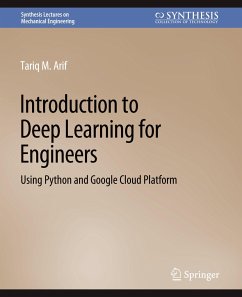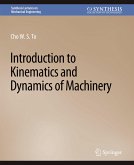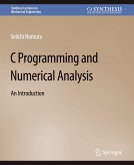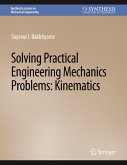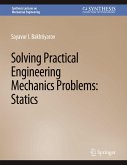This book provides a short introduction and easy-to-follow implementation steps of deep learning using Google Cloud Platform. It also includes a practical case study that highlights the utilization of Python and related libraries for running a pre-trained deep learning model.
In recent years, deep learning-based modeling approaches have been used in a wide variety of engineering domains, such as autonomous cars, intelligent robotics, computer vision, natural language processing, and bioinformatics. Also, numerous real-world engineering applications utilize an existing pre-trained deep learning model that has already been developed and optimized for a related task. However, incorporating a deep learning model in a research project is quite challenging, especially for someone who doesn't have related machine learning and cloud computing knowledge. Keeping that in mind, this book is intended to be a short introduction of deep learning basics through the example of a practical implementation case.
The audience of this short book is undergraduate engineering students who wish to explore deep learning models in their class project or senior design project without having a full journey through the machine learning theories. The case study part at the end also provides a cost-effective and step-by-step approach that can be replicated by others easily.
In recent years, deep learning-based modeling approaches have been used in a wide variety of engineering domains, such as autonomous cars, intelligent robotics, computer vision, natural language processing, and bioinformatics. Also, numerous real-world engineering applications utilize an existing pre-trained deep learning model that has already been developed and optimized for a related task. However, incorporating a deep learning model in a research project is quite challenging, especially for someone who doesn't have related machine learning and cloud computing knowledge. Keeping that in mind, this book is intended to be a short introduction of deep learning basics through the example of a practical implementation case.
The audience of this short book is undergraduate engineering students who wish to explore deep learning models in their class project or senior design project without having a full journey through the machine learning theories. The case study part at the end also provides a cost-effective and step-by-step approach that can be replicated by others easily.

